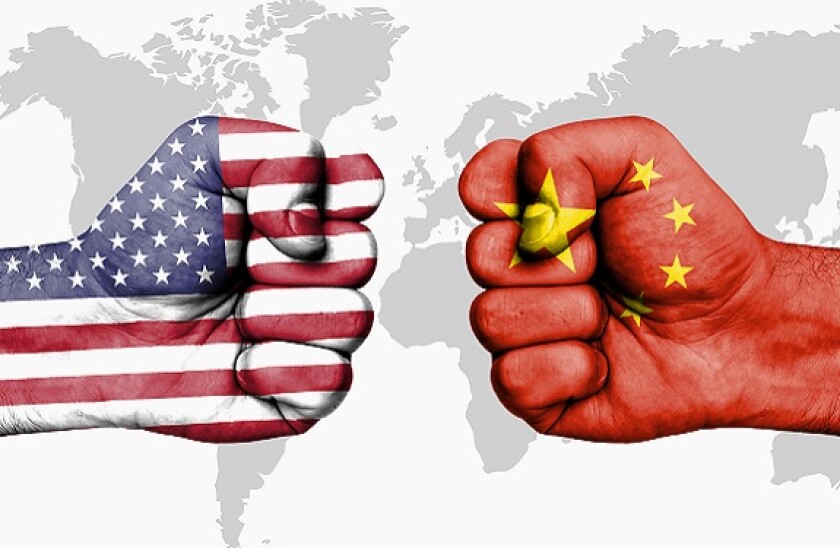Trump signed an executive order prohibiting certain transactions related to WeChat on August 6. The order was written in legalese, lists-within-lists giving it the appearance of specificity, but there was little detail.
That left some market participants scratching their heads. Tencent itself said it needed time to review the order “to develop a fuller understanding of its impact”, while bankers took the news in their stride. They told GlobalCapital Asia that the executive order would have a limited impact on the secondary market and had had no effect on the IPO market.
They are now in wait-and-see mode, finding solace in the lack of clarity in the executive order. But those hoping the order is little more than political grand-standing are ignoring two points.
First, the US Department of Commerce has been given 45 days to interpret the executive order. Although the language used may have been vague, the deadline certainly isn’t. By the end of September, the bloated language of the executive order will turn into specific guidelines. The clock is ticking.
Second, the move against Tencent made little sense. It might seem like business as usual after the Trump administration took an even stronger line against ByteDance, the Chinese company behind the zeitgeist-defining video app TikTok. But that was a well-telegraphed move against a household name in the US. WeChat, for all its dominance in China, barely registers among most Americans.
Tencent might take some solace from the fact that its stock price took a hit after the announcement, albeit a short-lived one. Trump arguably cares about the stock market more than any modern president. He may decide that sending a Chinese tech giant’s stock price falling was victory enough.
The company’s Hong Kong-listed stock tumbled nearly 10% between August 7 and Monday’s close. But by Tuesday morning, its share price jumped over 4% and stabilised in the afternoon to close at HK$513.50, up 2.3%. Bankers, unable to explain the rebound, said the stock was likely to be volatile for some time.
Trump may also feel the perception that he has taken a hard line against Tencent is enough, even if the Department of Commerce interprets the executive order in the lightest way possible. (He could even criticise the department itself, calling on the electorate to help him further “drain the swamp” when the US goes to the polls in November.)
It is a sign of the times that the listing of a Tencent-backed company in the US went off without a hitch this week, despite all the political noise. China’s Ke Holdings wrapped up a $2bn US IPO on Tuesday. Tencent is one of the company’s largest shareholders and bought some stock in the New York Stock Exchange listing.
But none of this is a reason for complacency. The key conclusion of Trump’s move against Tencent is that it shows he is keeping all his options open in the tit-for-tat trade war between China and the US. Tencent is one of China’s biggest, most successful companies. But it also one that seems to offer no real national security threat to the US.
Critics will argue moves against Chinese tech companies are only fair, given China’s decision to block Facebook, Google, Netflix and other websites. That is wrong, ignoring the fact that America’s success has always been founded on a commitment to free enterprise. But the argument may be enough to sway Donald Trump ─ and those he wants to vote for him.
The looming election means ByteDance and Tencent are likely to be just the first in a series of Chinese companies targeted by the Trump administration. Roll on November.

